The Shibui Gallery features photos of some of my personal bonsai as well as some of the events we have been involved in.
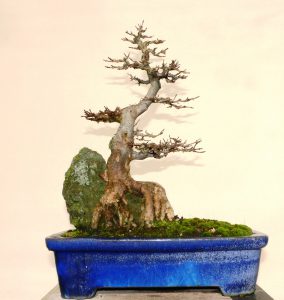
Trident maple – Root over Rock style
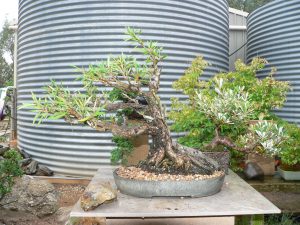
Callistemon ‘Waterswept’ style 2017
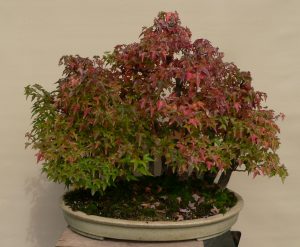
Trident maple group 2016
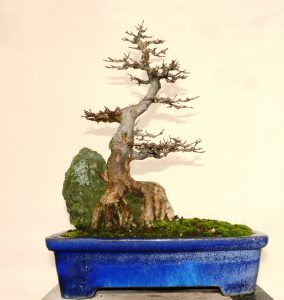
Trident maple Root over Rock style
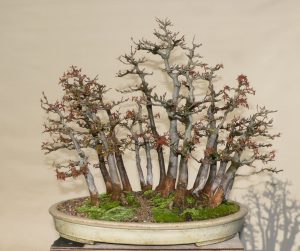
Trident maple group 2016
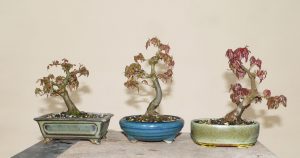
Shohin size trident maples 2016
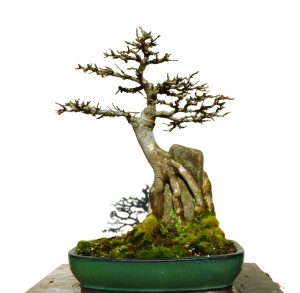
Trident maple Root over rock style
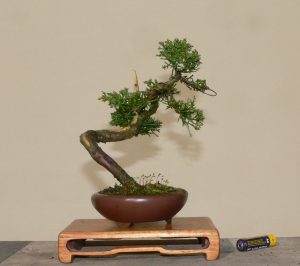
Shohin size Juniper chinensis 2016
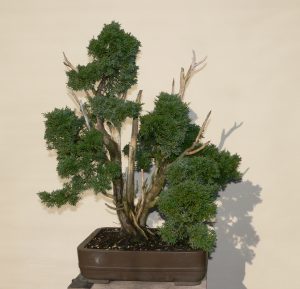
Juniper Chinensis – 2016
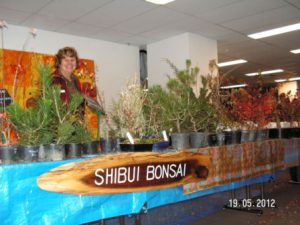
2012 National Convention, Melbourne

Hi neil, very nice mate. the Trident and the Cedar are :), good work,
You have created some beautiful trees, with their help and permission/co-operation of course.
Firstly I thank you for being so generous in your sharing of information, no-one owns knowledge and sharing generates the betterment of the area and those people associated. It also builds upon the body of human knowledge.
I have been looking at your site regularly so about time I thanked you and said hello.
Today I bought two Emundi Quondong trees to attempt to Bonsai them…. however I did a bit of research and realized they are the east coast tropical variety, not the desert variety I was after. I’m considering retuning them and also because I can’t find anyone who as given them a go for Bonsai. Have you or anyone you know tried them as Bonsai specimens? Anyway if you do know something and can get time to reply that would be great, if not that’s fine too. Keep up the ‘magic’ with your trees,
Regards, Chris W.A.
Hi to You too Chris. I do not know anyone who has grown Eumundi quandong. I searched and it appears this is not a quandong but an Elaeocarpus species and I have seen Elaeocarpus reticulatus (blueberry ash) grown as bonsai. They have very nice fringed flowers so no reason why yours should not be ok too.
If you are trying to get hold of Quandong you should already know that it is a hemiparasite. The roots of quandong tap into the roots of other plants to obtain nutrients so quandong cannot survive very long by itself and needs to have a host plant in the pot.
I have been involved in a recovery program for a rare Santalum (sandalwood) from this area which is also a hemiparasite and is related to quandong. I have managed to get roots on some root cuttings and potted them with a host but still too early to tell if they will survive when returned to the bush.
Neil